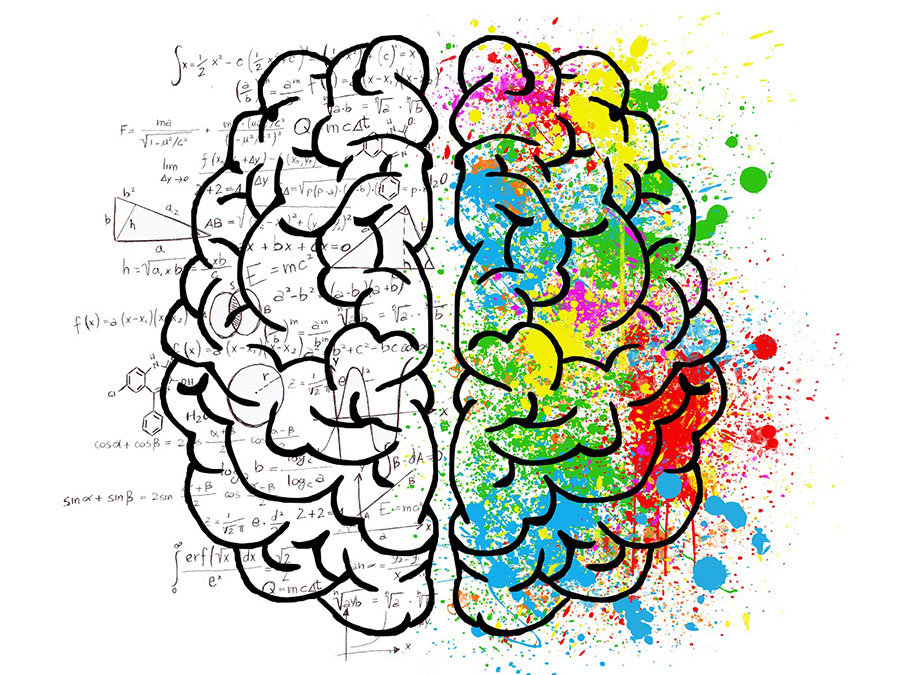3 Languages; a Kaleidoscope of human understanding
Do you know another language? What are the benefits and the shortfalls of being able to translate culture through language?
I know 3 languages, even though I was born in Virginia, English isn’t my mother tongue. The languages I know are “ English, Filipino/Tagalog and Kapampangan”. I lived in the U.S. for the first 7 years of my life; at the time being 7 years old, I was sent by my parents to the Philippines to live there and grow up with my siblings and other relatives there. I used to try to communicate with my siblings and cousins in English, because it’s the only language I knew at the time. I had a really hard time connecting with my siblings because they were too young to understand and learn English back then. When I got older I started to realize that my American accent started to fade away, and I started to get better in understanding and talking Tagalog and Kapampangan. I believe I was at the age 14 until I read an article saying that kids start to learn their native language at the age of 7-14 y/o. Now that I’m 18y/o and back in Virginia to study, I find it harder to express myself in English than in Kapampangan and Tagalog.
After living in the Philippines for 11 years and getting back to the U.S. I’ve noticed that even there are some words that exist in the Tagalog language but not in the English language. This might not sound like a big deal but I have learned recently that the word “Kilig” does not have its own word in English; the word “Kilig” means “Romantic Excitement”, something simple than that means that it’s not that quite of an important word in English than Tagalog in my opinion. Pilipinos have a way to talk to the elderly and those who we respect. In Filipino we say “po and opo” in between or at the end of our sentences; it means that we are showing respect while talking to the person; and when we talk to strangers we don’t know, we call them by the terms “ Kuya o Ate” which means “ Brother or Sister”. To this day I am still having a hard time trying to communicate in a way where I can’t address others by “Kuya” or “Ate”, or the fact that I can’t show my respect to others by saying ”po” and ”opo”.
This opened my mind to how different cultures can be different in different parts of the world. This experience made me further realize that everyone has different experiences in life that can’t be simply understood. Experience also informs language. Our language reflects our shared experience.
This experience of how other cultures can be so different in language that there is a long way ahead to explore in order to reach my goal in life. I thought it would be easy to be a psychologist because I already knew how some Pilipinos act and why they do so; but that doesn’t apply to everyone else. When learning about language, you just don’t memorize words and how to say them, it is also how you express the language and how you let others understand what you want to say to them. Words are just words, but when you say it with intention of feelings, that’s a whole ‘nother thing.
According to my experience and research, there are benefits of learning and knowing multiple languages. These are examples of the benefits of being bilingual, trilingual or maybe polyglots.
- People can communicate to more communities
- It Increases awareness about culture
- People can understand how people feel about certain things
- Cognitive advantage
I encourage my fellow students to study a second language or even just English if you speak another language; to enhance your societal skills and have some cognitive advantages.
Some sources that show facts about multilingualism improving the cognitive ability of one’s self.
This Brainscape site below is good because it is a summary of how multilingual people perceive and evaluate the point of views of others, and how they process information they receive.
> https://www.brainscape.com/academy/benefits-of-being-multilingual/ <

